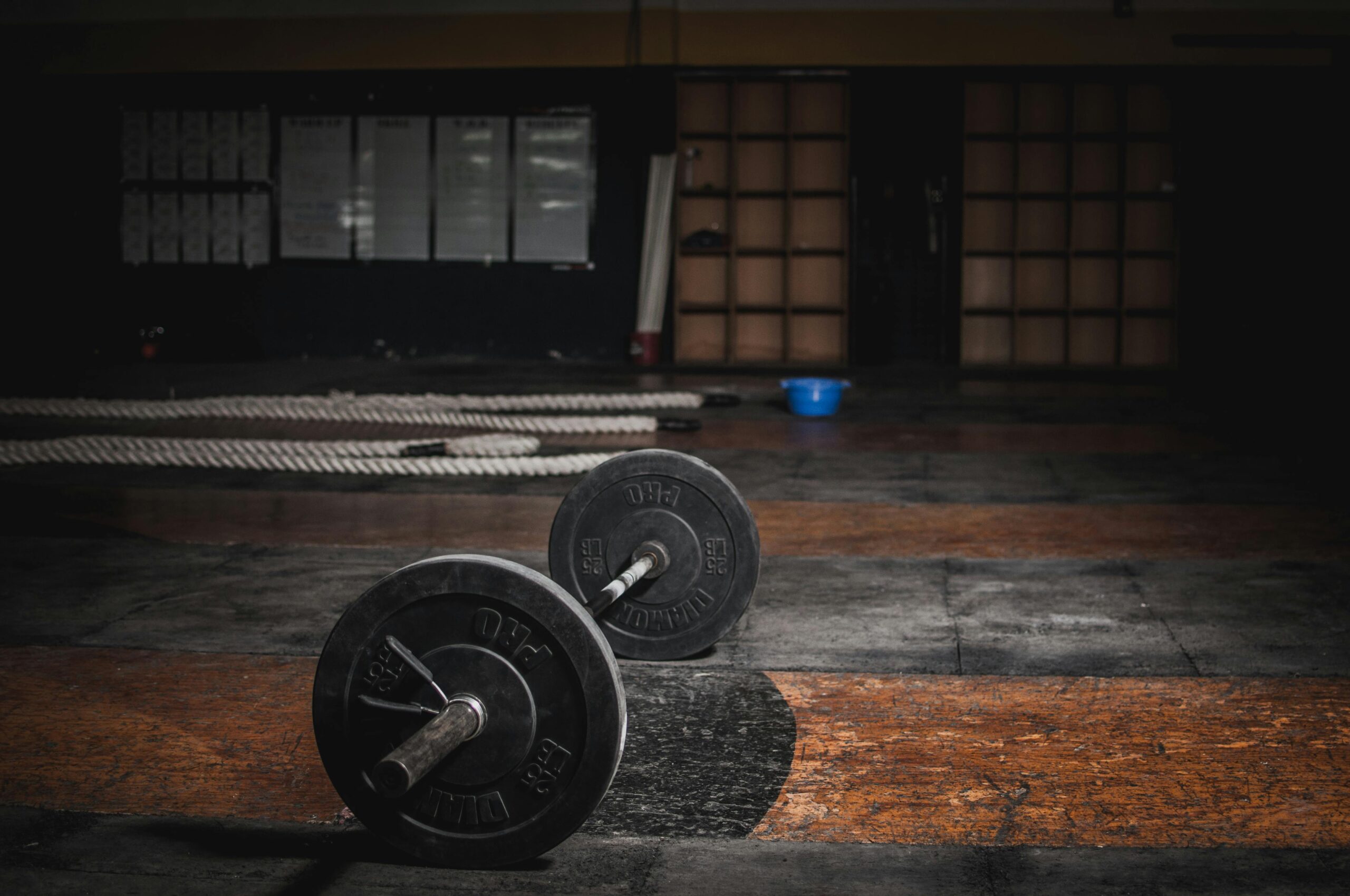Best 5 Strategies for Balancing Alcohol and Muscle Building: Boost Your Gains in 2025!
When it comes to pursuing fitness goals, particularly muscle building, many individuals grapple with the balance between enjoying social drinks and maintaining optimal performance. The relationship between Alkohol und Muskelaufbau is complex, but understanding it can lead to significant improvements in your workout results and overall health. This article explores five effective strategies to help you indulge responsibly while still achieving your fitness and muscle-building objectives.
Alcohol can impact factors like muscle recovery, protein uptake, and hormone regulation, all critical components of Fitness and Krafttraining. Implementing the strategies outlined here will not only support your Muskeln aufbauen efforts but also enhance your understanding of how to incorporate alcohol into a balanced lifestyle. We’ll cover ways to manage Alkoholabbau, optimize Proteinaufnahme, refine your Ernährungstipps, and improve your overall Performance.

1. Understanding Alcohol’s Effect on Muscle Recovery
Building on the basics of muscle recovery, it’s essential to recognize that alcohol affects the body’s ability to repair muscles. Consuming alcohol after a workout can lead to dehydration and hinder the body’s recovery processes. To counteract these effects, aim to hydrate thoroughly before and after consuming alcohol.
1.1 The Importance of Hydration
Proper hydration is crucial for muscle recovery. Alcohol consumption increases urine production, which may lead to dehydration. Ensure you drink plenty of water in addition to any alcoholic beverages. Aim for a hydration strategy that involves drinking a glass of water for every alcoholic drink.
1.2 Timing Your Alcohol Intake
If you plan to indulge after a workout, consider timing your alcohol intake wisely. Avoid drinking immediately after finishing your exercise routine. Giving your body time to recover before consuming alcohol can optimize recovery and reduce adverse effects on muscle repair.
1.3 Choosing Low-Calorie Alcohol Options
Not all alcoholic drinks are created equal. Opt for lower-calorie and lower-sugar options like light beers or spirits mixed with soda water. These choices can help minimize calorie intake while allowing you to maintain social connections.
Taking these hydration and timing strategies into account will greatly influence how alcohol impacts your muscle recovery. With this foundation set, the next crucial strategy focuses on refining your diet to improve performance.
2. Optimize Your Protein Intake
Protein is a fundamental building block for muscle development and repair. Incorporating effective timing and methods for Proteinaufnahme specifically around alcohol consumption can maximize your muscle-building efforts without sacrificing social enjoyment.
2.1 Strategically Timing Protein Shakes
Incorporating high-quality protein sources into your diet through Eiweißshakes before and after workouts can improve muscle repair. Consuming a protein shake after your last workout before socializing is a great way to mitigate the impact of alcohol on muscle synthesis.
2.2 Choosing the Right Proteins
Focus on complete protein sources that contain all essential amino acids necessary for muscle repair. Incorporate options such as whey protein, plant-based proteins, and lean meats into your diet. Prioritize protein-rich meals on days when you plan to consume alcohol for better muscle maintenance.
2.3 Balancing Macronutrients
Enjoying alcohol doesn’t mean you should neglect the importance of balanced macronutrients. Pair protein-rich foods with healthy fats and carbohydrates during meals. This approach will not only satiate your hunger but also help your body handle alcohol more effectively.

With an understanding of protein’s critical role, let’s move on to effective strategies for managing alcohol consumption for optimal Erholung nach dem Training.
3. Manage Alcohol Consumption Wisely
Responsible alcohol consumption is vital for anyone serious about muscle building. Knowing when and how much to drink, as well as understanding how to balance it with your fitness goals, will help you stay on track while enjoying social occasions.
3.1 Setting Limits on Alcohol Intake
Establishing clear limits for yourself regarding the number of drinks you’ll have can prevent overindulgence. Stick to a predetermined amount to minimize negative impacts on your training and recovery.
3.2 Choosing Better Drinking Environments
Where you drink can also affect how much you consume. Social settings filled with distractions may lead to excessive drinking. Opt for places where you can be mindful of your consumption, such as gatherings at home or focused events.
3.3 Incorporating Alcohol-Free Days
Committing to alcohol-free days during the week can improve your training results. This disciplined approach will allow your body to recover without the influence of alcohol while giving you time to focus on nutrition and hydration.
Being proactive about alcohol consumption leads to a healthier balance between social activities and fitness goals. Transitioning smoothly into the role of supplementation can also enhance performance and recovery.
4. Integrate Effective Supplementation
Utilizing supplements alongside a solid diet and training routine can elevate your fitness results, especially when managing the effects of alcohol on your body. Targeted supplements can help boost recovery and support muscle-building efforts during your fitness journey.
4.1 Essential Supplements for Recovery
Focus on supplements that facilitate recovery and muscle repair post-training, such as branched-chain amino acids (BCAAs) and glutamine. These supplements can counteract some negative effects of alcohol on muscle recovery and protein synthesis.
4.2 Importance of Electrolytes
Maintaining a balanced electrolyte status is critical, especially if alcohol and sweat during workouts are involved. Consider using electrolyte supplements to replenish lost nutrients that support hydration and muscle function.
4.3 When to Supplement
Integrating supplements immediately post-workout or before consumption of alcohol can be advantageous. This timing ensures that your body receives the nutrients it needs to function effectively, even with the presence of alcohol.
Understanding how supplements work in tandem with your fitness regimen brings us to the final key strategy for achieving success.
5. Adopt a Holistic Approach to Fitness and Diet
Focusing on the bigger picture of your fitness journey will lead to sustainable results. Your relationship with alcohol, workouts, nutrition, and recovery all contribute to your success.
5.1 Establishing a Sustainable Meal Plan
Create a meal plan that balances all macronutrients and ensures your body receives the vitamins and minerals necessary for peak performance. Tailor your meals around your fitness schedule and social events to align your goals.
5.2 Continually Assess Your Training and Nutrition
Regularly evaluate your progress and modify your training or dietary approach as needed. Utilizing fitness trackers can help monitor workout intensity and recovery metrics, ensuring your strategies remain effective.
5.3 Find Balance and Enjoyment
Ultimately, maintaining balance in your fitness journey means prioritizing enjoyment alongside health. Embrace your lifestyle while still aiming for Fitnessziele, allowing for flexibility without compromising your success.
Q&A Section
What is the impact of alcohol on muscle growth?
Alcohol consumption can hinder muscle growth by affecting protein synthesis, hydration, and hormone levels. Responsible drinking and strategic planning can mitigate these effects.
How can I recover effectively after drinking?
Post-drinking recovery involves hydration, consuming protein-rich foods, and utilizing recovery supplements like BCAAs to support muscle repair.
Are there specific drinks that are better for muscle building?
Opt for lower-calorie options and those with less sugar. Spirits with soda water or light beers are better choices compared to sugary cocktails.
How do I set limits on my drinking while socializing?
Establish a predetermined number of drinks for each outing, and choose alcohol-free days to maintain a healthy balance in your fitness journey.
Can supplements help counteract alcohol’s effects?
Yes, supplements like electrolytes, BCAAs, and protein powders can help reduce the negative effects of alcohol on muscle recovery and performance.
